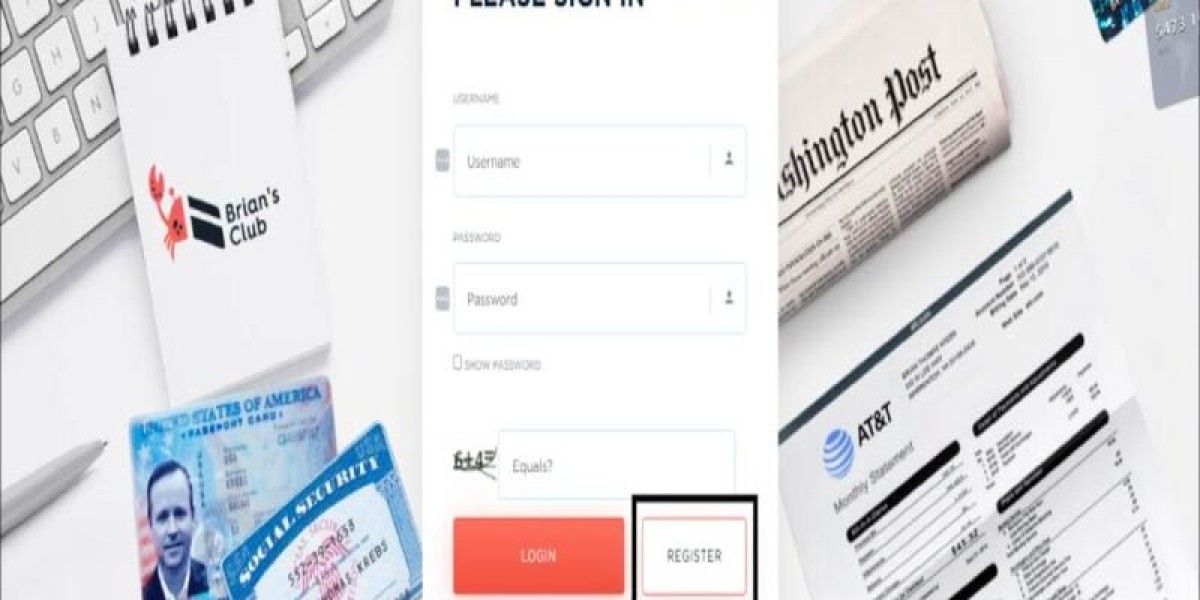Ever wondered about the world of Bclub cm, dumps, and CVV2 shops? Let's explore this fascinating and complex topic in simple language.
What is Bclub cm?
Bclub cm refers to a segment of the internet where certain types of financial data are traded. These platforms are part of the hidden, less-talked-about areas of the web, where stolen credit card information, called "dumps," and CVV2 data are exchanged.
Understanding Dumps
"Dumps" are data copied from the magnetic stripe of a credit card. This information includes the card number, expiration date, and sometimes other vital details. Cybercriminals use this data to create fake cards or make unauthorized transactions.
What is CVV2 Data?
CVV2 (Card Verification Value) data is the three-digit code on the back of credit cards. This code is crucial for online purchases, as it helps verify that the person making the transaction has the card in hand. When cybercriminals obtain this information, they can make fraudulent online purchases more easily.
How Does Bclub cm Fit In?
Bclub cm is a term connected to underground markets where stolen financial data is bought and sold. These markets operate secretly, making it challenging for law enforcement to catch the criminals involved. The data sold in these shops can be used for various fraudulent activities, from unauthorized purchases to identity theft.
Why is This Important?
Understanding how these markets work can help you protect yourself. Be cautious with your financial information and monitor your accounts regularly. If you notice any suspicious activity, report it immediately to your bank or credit card company.
Tips for Staying Safe Online
Use Strong Passwords: Create strong, unique passwords for your accounts.
Monitor Your Accounts: Regularly check your financial accounts for any unusual activity.
Be Cautious Online: Be wary of sharing your financial information on unfamiliar websites.
Report Suspicious Activity: If you notice anything odd, contact your bank or credit card company right away.
Staying informed and vigilant is your best defense against cyber threats. By understanding the risks and taking necessary precautions, you can help safeguard your personal information in the digital world. Stay safe out there!








